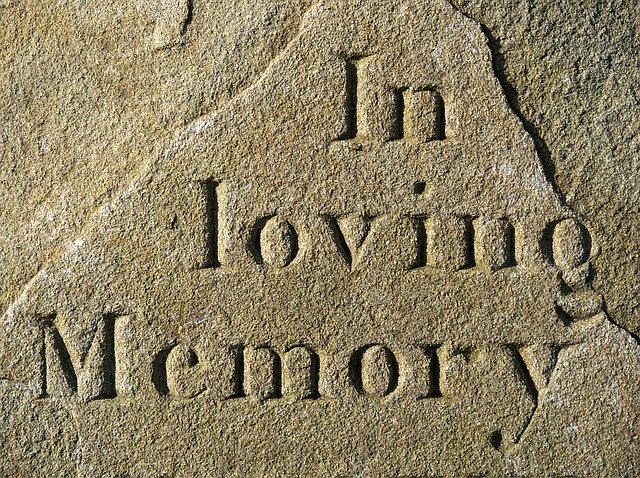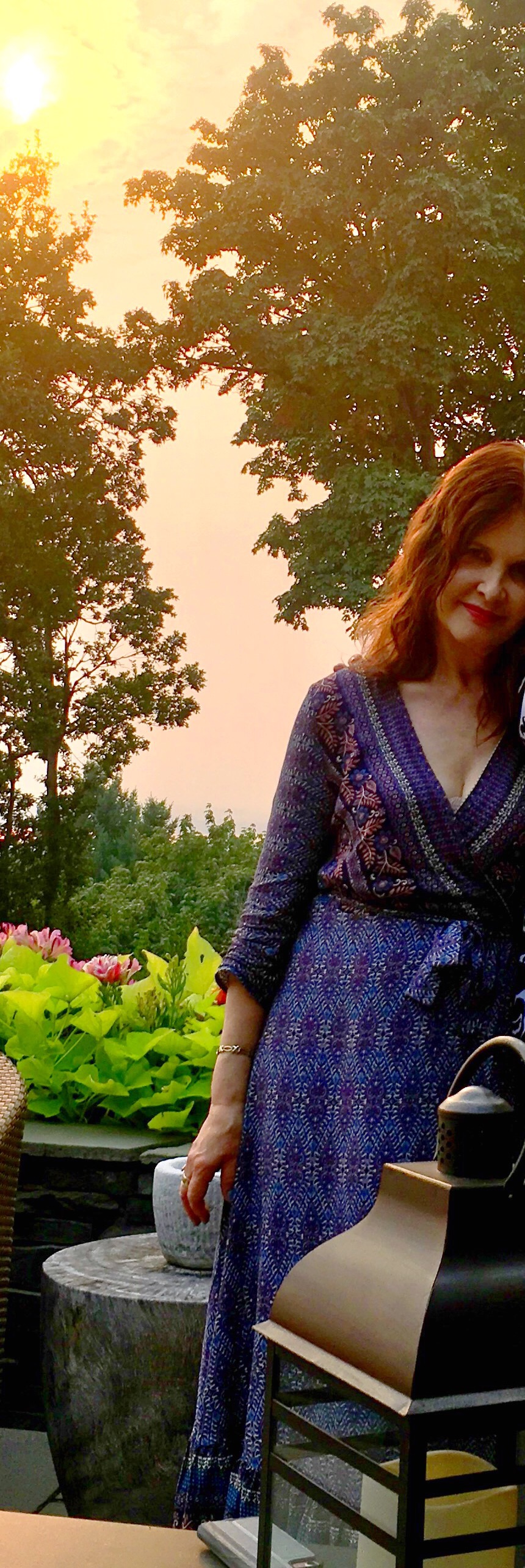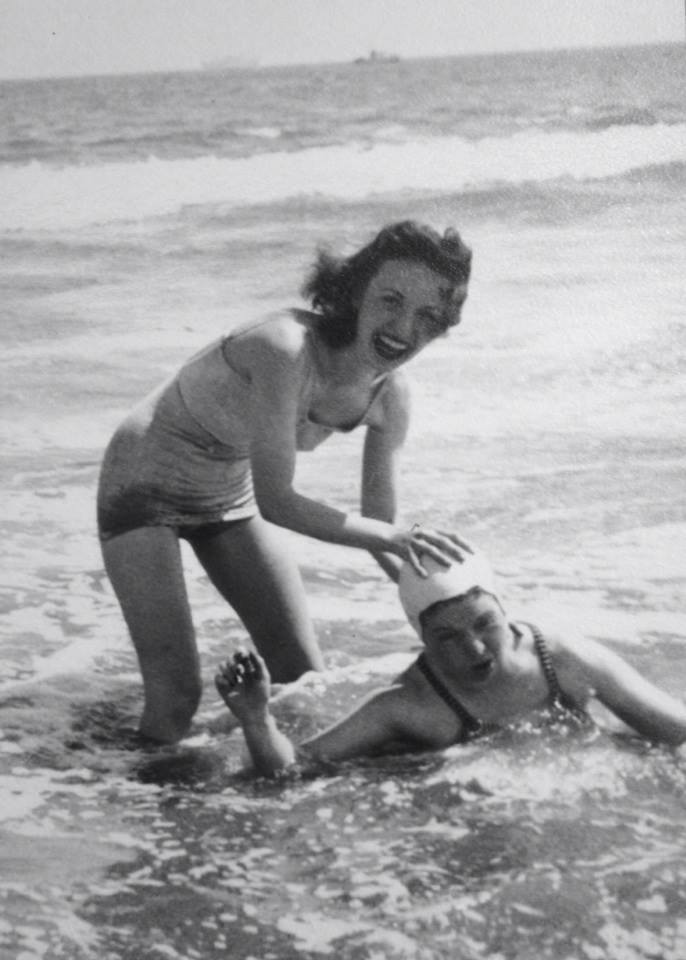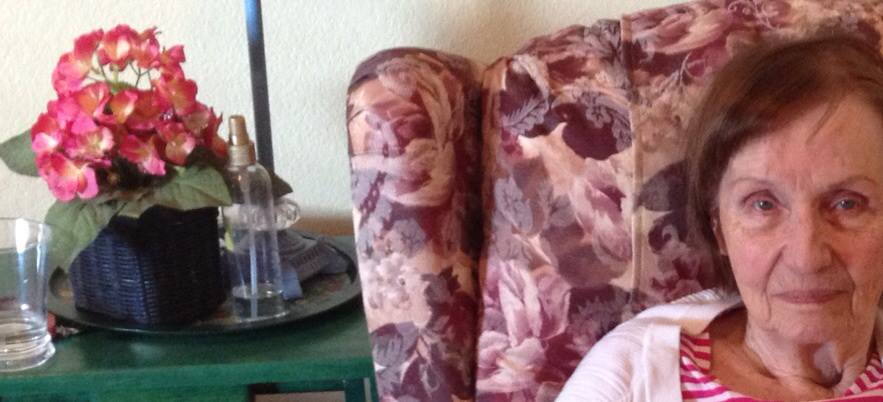
“It hurts mummy!” My daughter sobbed, pointing to her chest, trying to identify the epicentre of her grief, “It hurts here!”
“I know darling,” I tried soothing her, my heart breaking as I witnessed what bereavement could do to a person.
To a bystander, this grief would seem disproportionate. After all, it was only a hamster, a tiny little rodent that had a very short life span anyway. But, to my daughter, little Luna had been her world, a repository of her love and a symbol of life finally turning positive after years of pain and suffering that a series of health issues had caused her. Luna, the Russian dwarf hamster, had been bought for her birthday, after much pleading and cajoling on her part. She’d never had a pet of her own. The first two hamsters had belonged to her sister, the steady rotation of fish we’d bought for her had never really felt like her own pets as I’d been the one who’d ended up cleaning the aquarium and caring for them. So, this pet was meant to be hers alone. And she was as good as her word. She fed her, cleaned her cage and played with her daily.
Luna was a delightful little thing – full of spunk and vigour. She was incredibly sociable, always happy to be held and passed from hand to hand. We filmed her climbing her bars and swinging from them like a Cirque du Soleil trapeze artist. We photographed her chucking all the food out of her bowl and sitting in it. Her antics became a source of amusement and entertainment for the entire household. Even my husband, not a pet person at all, found her to be a sweet little thing.
A week before she died, my daughter noticed her behaving strangely. She hadn’t come up to the second level to drink any water all day, which was very unlike her. Her food remained untouched. When we raised the roof of her little house, she crawled out uncertainly, wobbly on her feet, dragging her hind legs as though injured. Fearful that she might have broken a leg during her acrobatics, we started googling hamster ailments straight away. Nothing definitive came up, but the advice was to have her checked out by the vet. So, we rushed her to the clinic near our house. The vet wasn’t in and an appointment was made for later in the day. All-day my daughter worried about her, scared that Luna was in pain. In the evening we put her in the little pet carrier and once again, carried her to the vet.
As soon as the vet put her on the stretcher, she seemed to perk up. Running hither thither, she seemed perfectly fine, casting doubt on all our previous worries. We were gobsmacked! This was the same hamster that had been dragging her legs a half-hour ago. The vet discharged her with advice to give her a food supplement and just keep an eye on her. We were perplexed but happy that she seemed to have recovered on her own.
For the next week, Luna’s new ‘normal’ was an exaggerated version of her former self. She climbed her bars constantly, throwing herself down like a kamikaze pilot, she started to chew on them, as if wanting to escape her confinement. She also became increasingly nippy, chomping down on our fingers whenever an opportunity presented itself. Her increasingly bizarre behaviour seemed to transform her from a happy, peaceful little thing to an irrational, hyper, angry little mammal. We could not understand it, and I spent hours trawling the internet trying to figure out what was going on.
Then, a week ago, she didn’t emerge from her house all day, once again. Upon returning from her weekly physiotherapy session, my daughter noticed that Luna’s breathing was shallow and that she was curled up like a little ball. The internet revealed that she could be in a state of ‘torpor’ brought on by the cold, and extremely dangerous in little animals. We heated up a hot water bottle, placed a towel on it and tried to warm little Luna up. But it was too late. She had slipped away silently to wherever cute little hamsters go to when they die.
I took it hard because I had grown increasingly fond of her. But my daughter took it even harder. She didn’t sleep all night, crying into her pillow, weeping at the unfairness of it all. “She was just a baby!” she wept. Yes, she was. Less than two months old, Luna should have had at least another sixteen months of life.
My daughter’s back pain has come back with a vengeance, once again underlining how psychology influences physiology. She feels like the Universe is conspiring against her, that nothing seems to be going her way. But more than anything else, she is grief-stricken at the loss of her pet, her darling little Luna Yves.
For people who don’t own pets, this may seem incomprehensible. For people who do, this will be completely understandable. Pets, little or large, become a part of the family. In their quiet and unconditional love, in their reliance on us and their domesticity, they bind us to them in infinitesimally small and unseen ways. When they die, a part of us dies too. When they die unexpectedly and so very young, a part of us is wrenched away in the shock of the arbitrariness of it all.
Perhaps Luna had an underlying condition we were not aware of. Hamsters can be prone to heart issues and/or diabetes. Perhaps her bizarre behaviour was symptomatic of her condition, her ‘nipping’ a way of conveying her pain and discomfort. Perhaps. A lot of questions remain, but we didn’t have the heart to have her little body cut open for an autopsy. Instead, we gave her a little burial in a plant pot, with a beautiful yellow rose plant bought especially in her honour to commemorate the joy she brought into our lives. The little plaque I had made for her notes the date of her demise and how much she was loved by all. It is glued on to the outside of the planter.
Too much? No, not in my opinion. There is a reason that we have certain ceremonies or rituals after death. These are a very visible way of bidding goodbye to a loved one. They are the first steps that we take towards healing. After the pain of the loss comes denial, then anger, then bargaining, then depression and finally, acceptance.
Right now, my daughter is trapped somewhere between anger and depression. The acceptance will come, I know it will. But in the meantime, it is important to acknowledge the magnitude of her loss and to show her that Luna’s little life on earth meant something to us. In time, hopefully, we can bring home another little hamster. But right now, we grieve the passing of our little friend. May she rest in peace.





